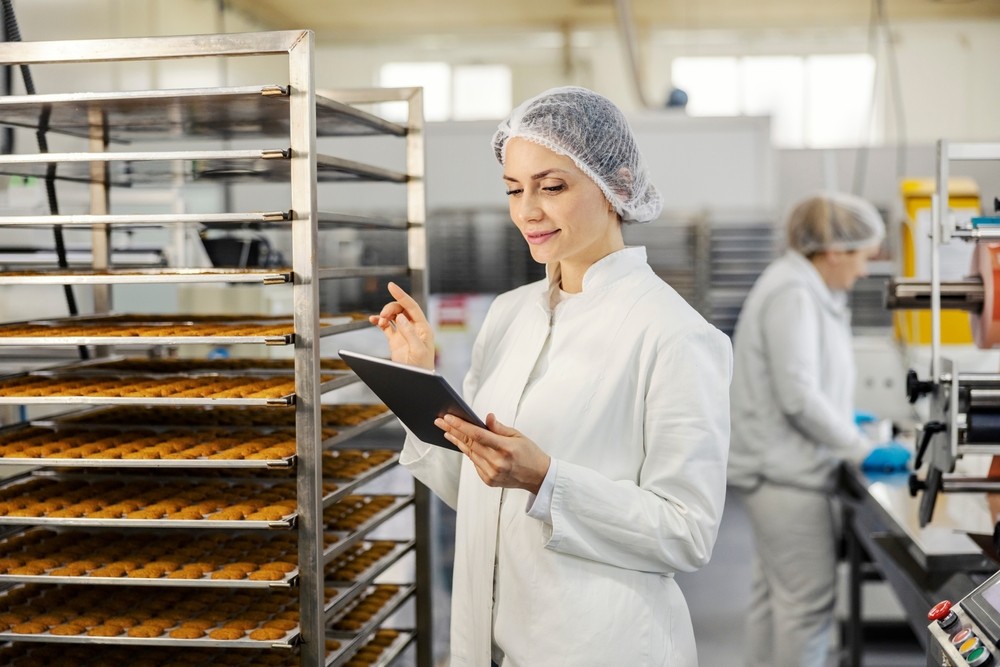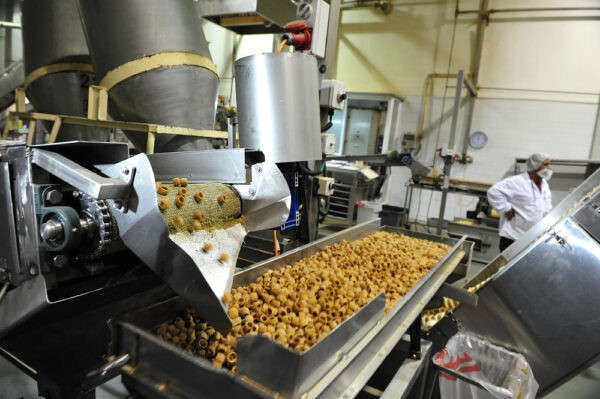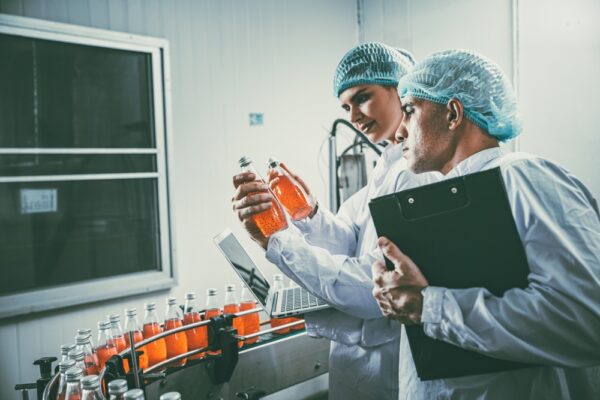The Importance of Sanitization in Food Production Facilities

In food manufacturing, consumer safety and product quality are of utmost importance. As a result, the significance of proper sanitization cannot be overstated. Food manufacturing facilities must adhere to stringent standards to ensure the production of safe and hygienic products. But what does this involve beyond applying disinfectant to sterilize equipment?
The scope of industrial sanitization extends far beyond what the human eye can see. It includes a systematic approach to sterilizing and disinfecting equipment, using agents and practices specifically engineered to leave behind no trace of contamination. Here’s a closer look at effective disinfection practices.
Sanitization in manufacturing is critical
Given the recent global pandemic, the role of sanitization in stopping the spread of infectious diseases has become even more critical in food manufacturing. The process of sanitizing equipment and surfaces helps prevent the spread of harmful bacteria, viruses, and pathogens that can contaminate food and cause illness. Unsanitary conditions also contribute to product defects, resulting in lost revenue and damage to brand reputation.
Sanitization not only improves product quality and safety but also ensures compliance with strict regulations and industry standards. Ultimately, it’s crucial for the health and safety of consumers — especially in our post-pandemic world.

Sanitization procedures and best practices
Proper sanitization procedures can make all the difference in preventing the spread of pathogens and avoiding costly product recalls. Some sanitization best practices include:
- Regular sterilization of equipment and surfaces. One of the most important steps in maintaining a safe and hygienic food production environment is guaranteeing all equipment and surfaces are regularly cleaned, disinfected, and sterilized. This includes everything from food contact surfaces like processing machinery to non-food contact surfaces like floors and walls.
- Employee training on sanitization protocols. Every employee should be trained on the proper protocols for cleaning, disinfecting, and sterilizing equipment and surfaces, as well as on personal hygiene. Training should be ongoing and cover topics like washing hands, using gloves and other protective equipment, and identifying potential food safety hazards. Invest in specific compliance training where applicable.
- Documentation and record-keeping to ensure compliance. Food manufacturers should keep thorough records of all sanitization procedures and activities. This documentation can serve as proof of compliance in an audit or inspection and provide essential data for continuous improvement. Maintain documentation on cleaning schedules, disinfectant use, employee training, and any sanitization incidents.

Technologies and innovations in industrial sanitization
Advances in equipment and technology have brought about significant improvements in industrial sanitization. Emerging technologies such as ultraviolet germicidal irradiation (UVGI) and electrostatic sprayers are changing the way facilities disinfect surfaces. UVGI involves using ultraviolet light to kill microorganisms on surfaces and in the air. Electrostatic sprayers can quickly and evenly apply disinfectants to surfaces while reducing the amount of solution used.
Automated systems and robotics also offer incredible benefits for industrial sanitization. Autonomous scrubbers can clean more quickly and efficiently than human cleaners. Robotic arms can reach and clean areas that would otherwise be difficult to access, like the tops of tanks and pipes. Automated systems and robotics can even decrease the likelihood of human error and minimize the risk of workplace injuries.
By investing in these products and systems, food manufacturers can improve their cleaning processes, reduce costs, and enhance overall safety. It’s especially critical now, as the world moves on from the COVID-19 pandemic.